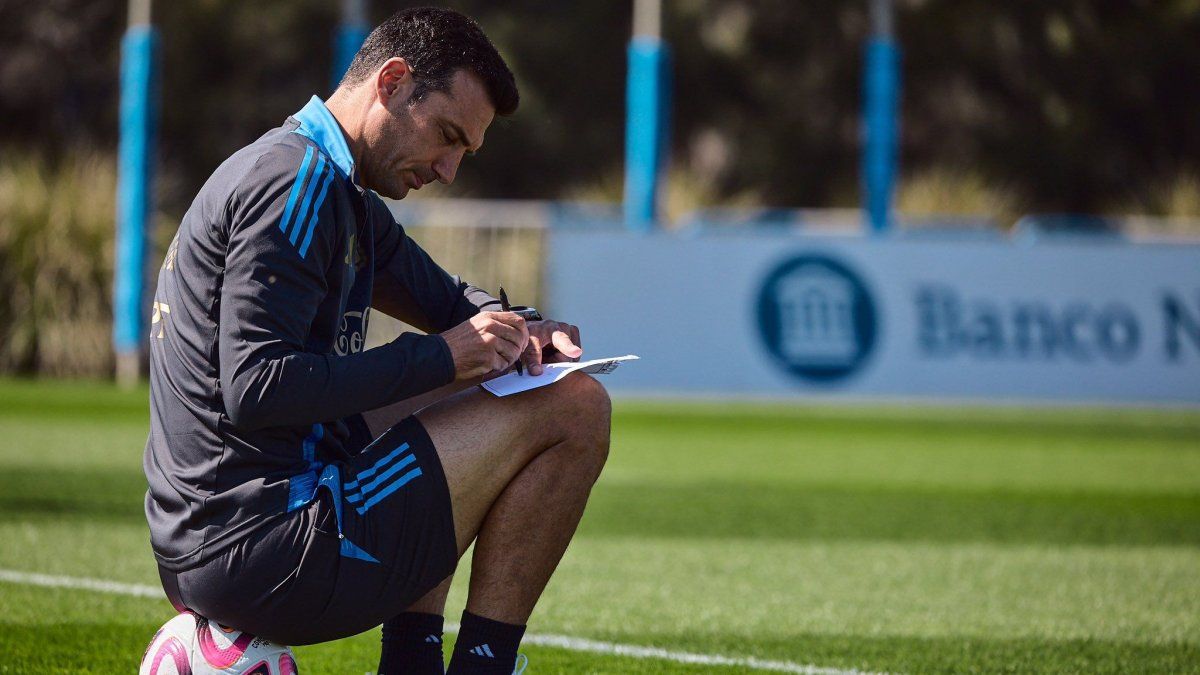Image: dagr
Constantly derogatory, discriminatory or insulting comments about appearance, religion or origin. The anonymity that the Internet offers in contrast to the real classroom lowers the inhibition threshold. As a result, the number of bullying cases is increasing enormously. “It is sad that bullying on the Internet – cyberbullying – is still increasing in recent years,” says Christoph Tuma-Seiser. The 18-year-old vocational student from Steyr, who was previously the victim of “stupid sayings”, has the impression that cyberbullying is becoming normal. “It happens very often and now also in all social networks,” says his classmate Özcan Kaan.
Yesterday the workshop “Prevention against Hate on the Internet” was on the schedule for the two young people and their vocational school colleagues. Lawyers give free 30-minute lectures at Upper Austria’s schools about the legal consequences and consequences. “We are happy to do this because it is important to raise awareness in a timely manner in an area where knowledge is unfortunately lacking,” said Franz Mittendorfer, President of the Upper Austrian Bar Association, during yesterday’s media tour at the Linz vocational school.
For the workshop leader and Freistadt lawyer Franz Raffaseder, online hate “unfortunately represents a social phenomenon”. There is a need for the project that started in the fall. This is also shown by the demand, which surprised Deputy State Governor Christine Haberlander (VP) and Director of Education Alfred Klampfer: 100 schools and 323 classes have taken part so far. “It has to be burned into the brain that cyberbullying is not okay and how to deal with it,” says 21-year-old Kaan, emphasizing the need for experts to go directly to schools and inform young people.
“Many people don’t say anything out of fear.”
In contrast to Tuma-Seiser, Kaan and classmate Isabella Moser were never bullied on the Internet themselves, but they noticed it in those around them and took action. For example, when classmates commented negatively on a friend’s body or sexuality in videos, Moser intervened. “I commented that they should not do that and reported the people,” says the 17-year-old from Steyr. She also gives an insight into the mental life of a cyberbullying victim: “My friend always says that she doesn’t care, but it’s very close to her and she’s in therapy because of it.”
But how can the problem be counteracted? On the one hand, the three vocational students would reduce the time on social networks and thus their cell phone use. “The children learn a lot of negative things there, which they then implement into actions and deeds,” says Tuma-Seiser. On the other hand, the topic needs to be addressed more often and those affected need to be told which contact points there are. “Many people don’t say anything out of fear and this fear shouldn’t exist,” says Kaan.
Students about their experiences
- Özcan Kaan from Linz: “Cyberbullying is a big issue and the number of unreported cases is certainly even higher because many victims don’t say anything out of fear.”
- Isabella Moser from Steyr: “A friend was criticized for her body and sexuality. I reported these people straight away.”
- Christoph Tuma-Seiser from Steyr: “It is sad that cyberbullying is still on the rise. I feel like it’s becoming normal.”
Image: dagr
“}”>
Image: dagr
Source: Nachrichten



